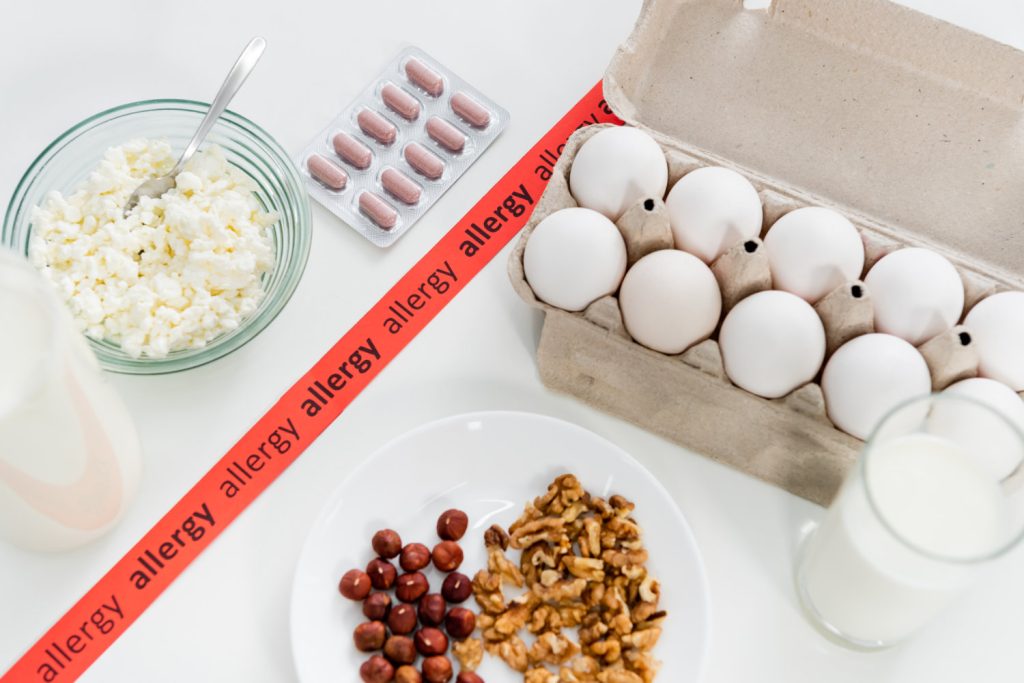Start the Year Sober: The Fast Facts on Dry January
What is Dry January?
Dry January, brought to popularity by the British charity “Alcohol Change UK,” is a health campaign and challenge to encourage people to go alcohol-free for the month of January. Dry January is often thought of as a way to reset your body after a holiday season full of indulgences and start your New Year’s Resolutions off strong.
What are the Benefits of Dry January?
For many of us, overindulging during the holiday season is the norm. Between Santa-themed bar crawls, family dinners, and holiday parties, many Americans admit to binge drinking this time of year. Dry January can help your body recover and reset from the effects of drinking too much. Plus, it may have longer-lasting effects on your overall mindset.
According to medical research, participating in Dry January can:
- Lower blood pressure
- Reduce the risk of diabetes
- Lower cholesterol
- Reduce levels of cancer-related proteins in the blood
- Aid in weight loss
- Improve sleep and energy levels
- Boost mood
- Reduce liver fat
- Lower blood sugar
Dry January has also been linked with the majority of participants maintaining a healthier approach toward drinking, even 6 months later.
Who is Dry January for?
Dry January can be a good option for most people.* According to substance abuse counselor Tommie Trevino, abstaining from alcohol for 30 days is a great way to re-evaluate your relationship with alcohol. A month-long abstention can help you experience what sobriety feels like for you, mentally, physically, and emotionally.
*Please note that this is not a detox or intended for those struggling with alcohol dependency. If you or someone you know is struggling with alcohol dependency, please visit the National Institute on Alcohol Abuse and Alcoholism’s website for treatment information or contact your primary care provider.
The Social Pressures of Drinking
While some friends and family may question your choice to participate in Dry January, the movement can be a great excuse to “try out” sobriety. If you experience friends and family members pushing back on your sober-curious month, try:
- Explaining why you want to participate in Dry January.
- Finding activities to do together that don’t involve drinking.
- Talking with them. Express any concerns you have with their reactions and why participating in Dry January is something you want to do.
Tips for Success
Dry January can be surprisingly difficult. To ensure you complete Dry January successfully:
- Find a go-to non-alcohol drink.
- Seltzers, soda, or mocktails are popular NA alternatives.
- Keep alcohol out of your house and bring NA beverages with you to someone else’s house.
- Remind yourself of the benefits of Dry January. Try posting these reminders somewhere you’ll see them often, such as the refrigerator door.
- Find a friend to do Dry January with.
- Prepare a non-alcohol related reward for yourself at the end of the month.
- Download the Try Dry app to earn badges, track the calories and money you’ve saved by not drinking, and keep track of your sobriety streak.
Dry January is a great way to experiment with sobriety and experience how life could look without alcohol. However, if you find yourself struggling to stop drinking or know you have a problem with alcohol, talk to your primary care physician for a personalized care plan.




